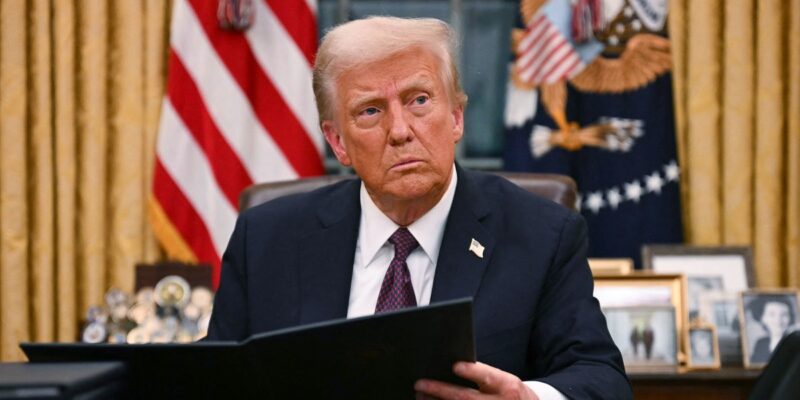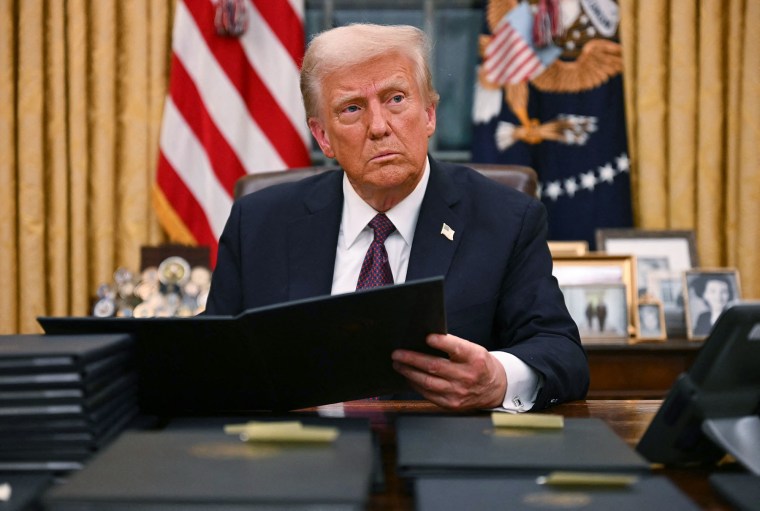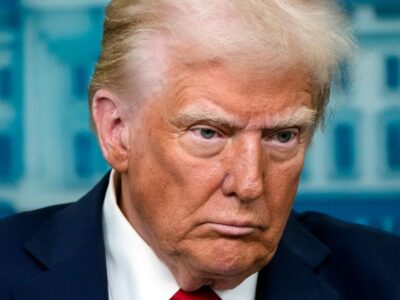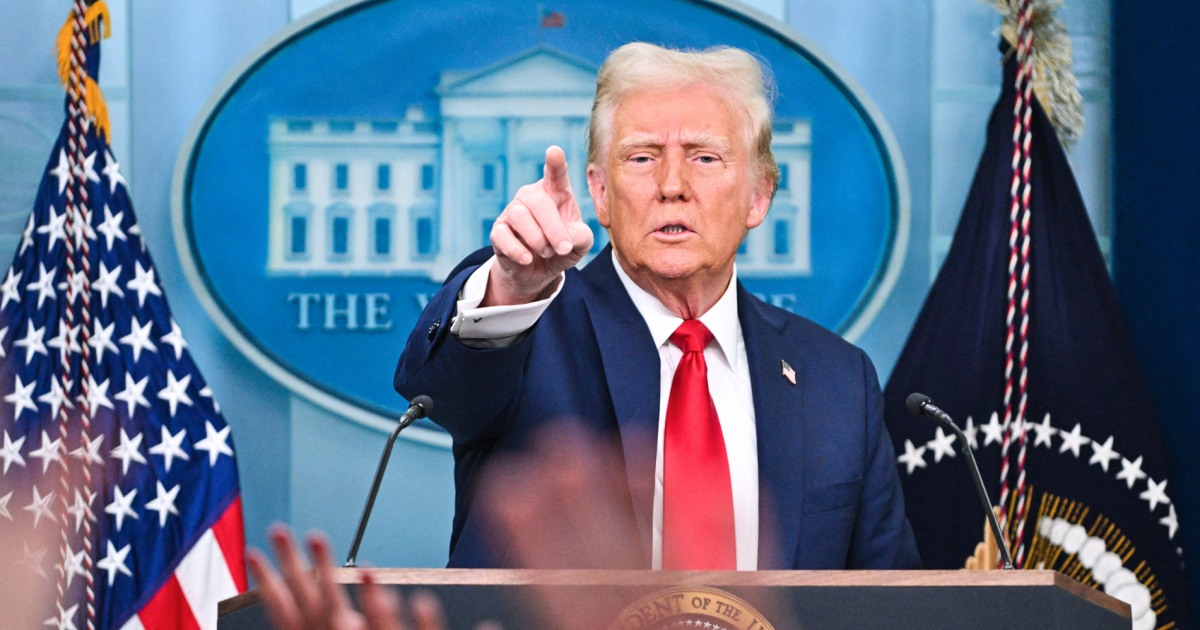
The White House is preparing an executive order to eliminate the Education Department, two sources familiar with the plans told NBC News.
President Donald Trump cannot unilaterally abolish a federal agency without the approval of Congress.
The planned order follows years of campaign promises from Trump to abolish the Education Department, which was established in 1979, during President Jimmy Carter’s administration.
In September 2023, Trump posted a video to social media saying, “One other thing I’ll be doing very early in the administration is closing up the Department of Education in Washington, D.C., and sending all education and education work and needs back to the states.”
He said earlier in the video, “In total American society pours more than $1 trillion a year into public education systems, but instead of being at the top of the list, we are literally right smack — guess what — at the bottom.”

The White House is preparing an executive order to eliminate the Education Department for President Donald Trump, pictured signing an order at the White House on Jan. 20.Jim Watson / AFP – Getty Images
The Republican Party adopted Trump’s proposal, which was an idea also pushed by Project 2025, in its platform last summer.
The department says its elementary and secondary programs serve more than 50 million students in about 98,000 public schools and 32,000 private schools. It also provides “grant, loan, and work-study assistance to more than 12 million postsecondary students,” it says.
Becky Pringle, the president of the National Education Association, a major labor group, warned in a statement Tuesday that Trump’s coming order would hurt students and families, especially in vulnerable populations.
“If it became a reality, Trump’s power grab would steal resources for our most vulnerable students, explode class sizes, cut job training programs, make higher education more expensive and out of reach for middle class families, take away special education services for students with disabilities, and gut student civil rights protections,” she said. “Americans did not vote for, and do not support, ending the federal government’s commitment to ensuring equal educational opportunities for every child.”
Republican support for eliminating the department started soon after it was founded, with President Ronald Reagan advocating for dismantling it. Republicans in Congress have not been able to pass legislation to do so, however.
Last month, Reps. Thomas Massie, R-Ky., and David Rouzer, R-N.C., filed bills that would eliminate the department. Massie‘s measure has attracted 27 co-sponsors, all Republicans. Sen. Mike Rounds, R-S.D., introduced a similar bill in the last Congress, and his office said it expects him to do the same in the current one.
Republicans control the House and the Senate, but any effort to abolish the Education Department would face major obstacles in the Senate, where 60 votes are required to overcome a filibuster and advance to a final vote. Given their narrow majority, Republicans would need Democratic support to do that, which would make it unlikely for such a bill to pass.
Last week, Trump signed another education-related order to expand school choice, directing the Education Department to issue guidance to states within 60 days about how they can use federal funds to boost school choice programs.
School choice has long been a cornerstone of the GOP agenda, with a significant number of Republican-led states freeing up more funding in recent years for low-income families to send their students to private or charter schools.
In recent years, “cleaning out” or fully abolishing the Education Department has also become a leading Republican policy plank, and it was popular among several of the Republican candidates who challenged Trump in last year’s presidential primaries.
In the Republican primaries, tech entrepreneur Vivek Ramaswamy called for eliminating the Education Department on the campaign trail in Pennsylvania in 2023. And former United Nations Ambassador Nikki Haley said she would “clean out the Department of Education” if she were elected at a 2023 campaign stop in New Hampshire.
In a July campaign email, Trump laid out his other priorities for American education, which included cutting federal funding for any schools or programs pushing “critical race theory,” opening civil rights investigations into schools discriminating against Asian Americans, implementing a credentialing system to certify teachers who “embrace patriotic values” and “find[ing] and remov[ing] radicals who have infiltrated the federal Department of Education.”















